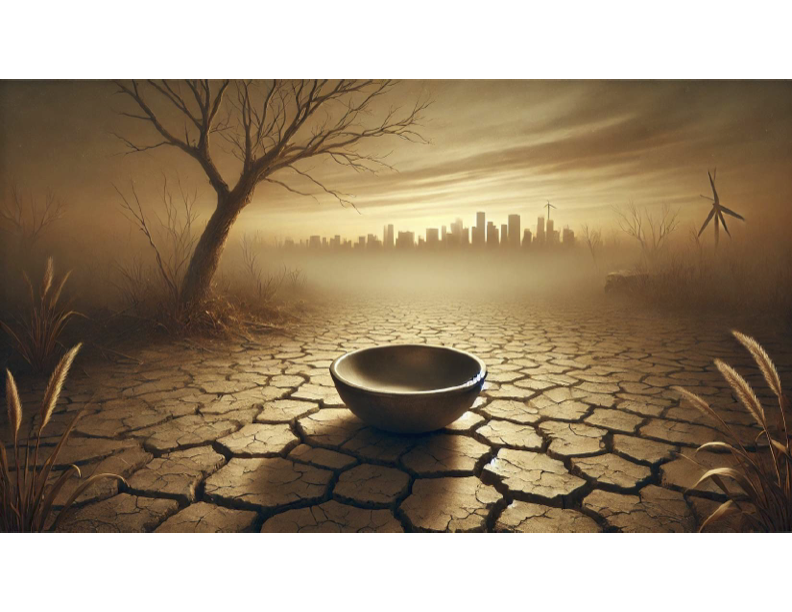In a world that produces enough food to feed everyone, it's absurd that nearly 735 million people still go hungry. That’s about one in ten people. This isn’t a problem of scarcity. It’s a problem of access, inequality, and broken systems.
Why Does Hunger Still Exist?
Most people think hunger is about not having enough food. It’s not that simple. The world grows more than enough to feed every person on the planet. The problem is how food is distributed, who can afford it, and how local economies function—or don’t.
Here are the core issues:
-
Poverty: People can’t afford food, even if it’s available.
-
Conflict: Wars destroy food systems, displace farmers, and cut off access.
-
Climate Change: Droughts, floods, and erratic weather ruin crops and livestock.
-
Food Waste: Around a third of all food produced is wasted, mostly in wealthier countries.
-
Inequality: Poor rural communities, especially in developing countries, often lack the infrastructure to store, transport, or sell food.
The Human Cost
Hunger isn’t just about an empty stomach. It stunts growth, weakens immune systems, and limits brain development in children. For adults, it lowers productivity, increases health problems, and keeps people stuck in poverty. The cycle repeats.
What’s Being Done?
Organizations like the World Food Programme, UNICEF, and countless local NGOs are doing critical work—from delivering emergency food aid to helping communities build long-term resilience through sustainable farming and education.
But charity alone won’t fix hunger.
We need:
-
Fairer trade policies
-
Climate action
-
Stronger social safety nets
-
Investment in small-scale agriculture
-
Better food distribution systems
What Can You Do?
No one person can fix this, but everyone can push the needle:
-
Donate to effective hunger-relief organizations.
-
Waste less food.
-
Support policies and leaders that prioritize food security and climate action.
-
Educate yourself and others.
Bottom Line
World hunger is a solvable problem. But solving it means facing uncomfortable truths about inequality, economics, and politics. It’s not about giving more—it’s about fixing what’s broken. And that starts with caring enough to act.

